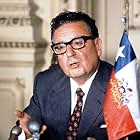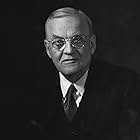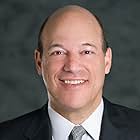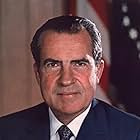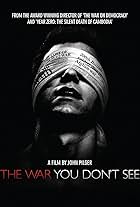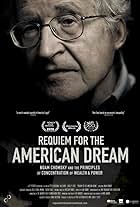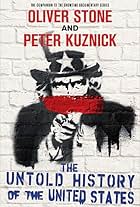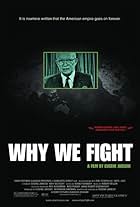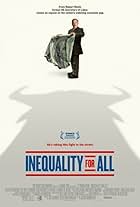Venezuela, Guatemala, Cuba, Chile, Salvador, Bolivia: people's struggle for democracy versus US imperialism in Latin America since the 1950s, backing coups and supporting dictatorships.Venezuela, Guatemala, Cuba, Chile, Salvador, Bolivia: people's struggle for democracy versus US imperialism in Latin America since the 1950s, backing coups and supporting dictatorships.Venezuela, Guatemala, Cuba, Chile, Salvador, Bolivia: people's struggle for democracy versus US imperialism in Latin America since the 1950s, backing coups and supporting dictatorships.
Photos
- Self
- (archive sound)
- Self
- (archive footage)
- Self
- (archive footage)
- Self
- (archive footage)
- Self
- (archive footage)
- Self
- (archive footage)
- Self
- (archive footage)
- Self
- (archive footage)
- Self
- (archive footage)
- Self
- (archive footage)
- Self
- (archive footage)
- Self - President of Guatemala
- (archive footage)
- (as Jacobo Arbenz)
- Directors
- Writer
- All cast & crew
- Production, box office & more at IMDbPro
Storyline
Did you know
- Quotes
Hugo Chávez: [speaks Spanish; subtitles read:] I had a beautiful grandmother, she was Indian, she filled me with love. She taught me a lot, and I learnt from her about solidarity with other people. About sharing bread, even if there's little to eat.
- ConnectionsFeatured in The Arrivals (2008)
A wise cinematographic decision by Pilger is to interview and show the people of these nations. They appear decent and it is important for Westerners to realize that they have a lot in common with the so-called impoverished. Beneath our different exteriors, we share many characteristics. Also, the footage of the countries, and often just the day-to-day lives are lovely and the mountainous backdrops of Bolivia, Peru, and Chile, are beautiful. Pilger makes a strong case for government conducted on behalf of the people and interviews Chavez, allowing him to make his case for such a rule-of-law. Pilger interviews a couple of CIA sources, including the head of the CIA in South America during the mid-1980s. He asks him whether the ouster of Allende had been justified and the man states that the ends had to justify the means. He also said that US interests were protected via the installation of Pinochet, failing to recognize the contrast between US claims of respect for democratically elected governments and US intervention when the US, oh.....felt like it. Pilger's decision to refuse to interrupt while the man put his foot in his mouth and re-affirmed the importance of protecting US interests over even sovereign governments, seems wise. The man only seems all the more out-of-touch and arrogant for his unapologetic defense of autocracy. This is a powerful indictment of greed and of the possible benefits available to ALL if the US will allow sovereign governments to work autonomously. Notably, the film is available via Google Video for those interested.
Details
- Release date
- Countries of origin
- Language
- Also known as
- John Pilger: The War on Democracy
- Filming locations
- Production companies
- See more company credits at IMDbPro
Box office
- Budget
- $2,500,000 (estimated)
- Gross worldwide
- $320,935
- Runtime1 hour 36 minutes
- Aspect ratio
- 1.85 : 1
Contribute to this page




